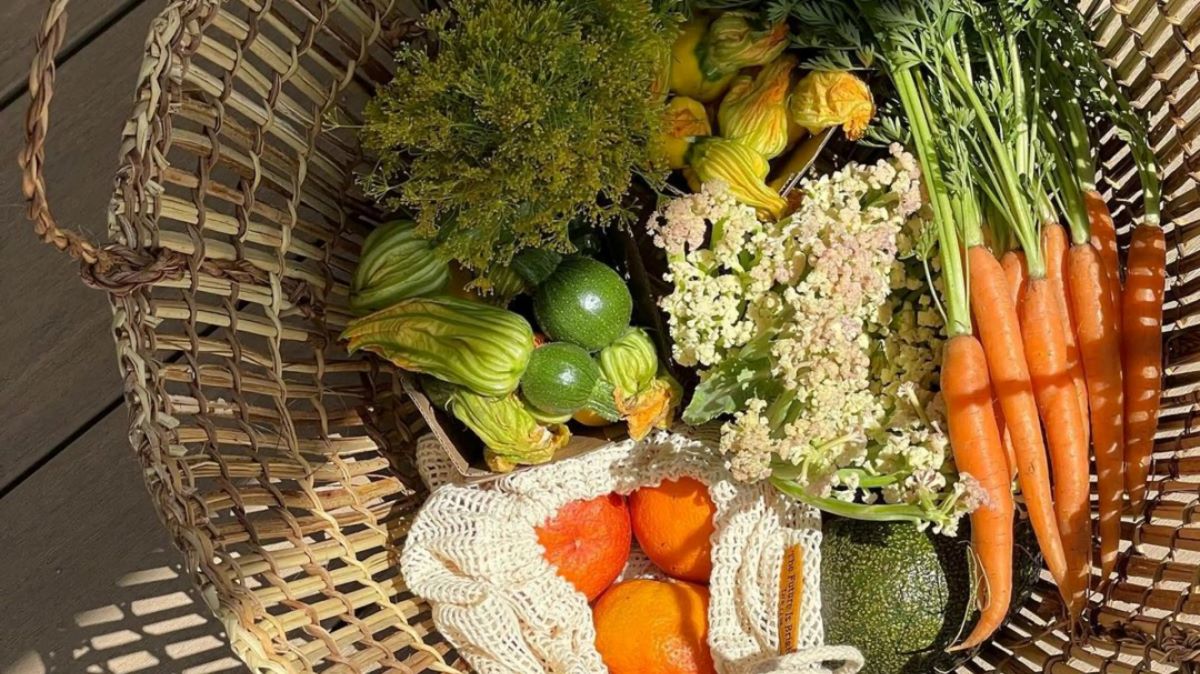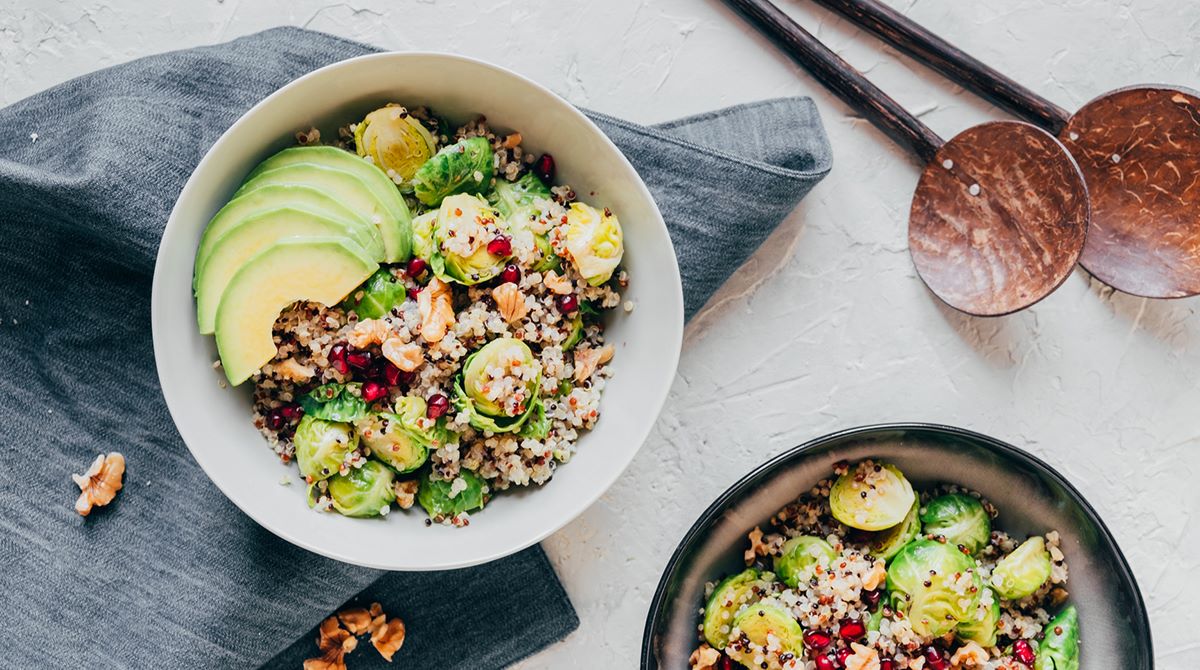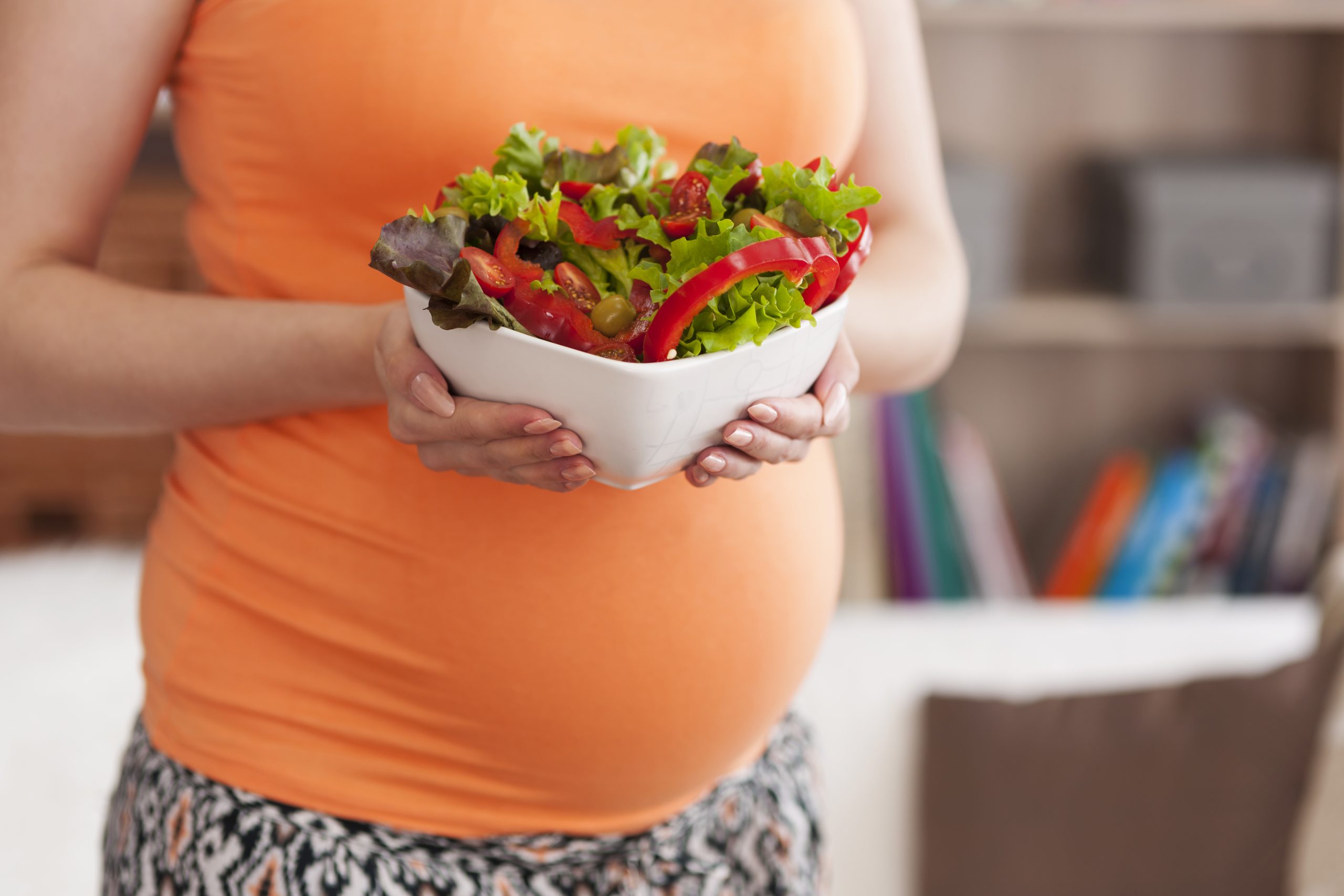How to Manage Morning Sickness with the Right Diet
Experiencing morning sickness can be a challenging and uncomfortable part of pregnancy. Nausea and vomiting can make it difficult to eat, but it’s important to nourish your body and your growing baby. With the right approach to your diet, you can help manage your symptoms and ensure that you’re getting the nutrients you need. Here are some tips for eating right while experiencing morning sickness:
1. Eat Small, Frequent Meals
Instead of three large meals, try eating five or six small meals throughout the day. This can help prevent your stomach from becoming too empty, which can worsen nausea. Keep easy-to-grab snacks on hand, such as nuts, crackers, or fruit, to munch on between meals.
2. Stay Hydrated
Dehydration can make nausea feel even worse, so it’s important to drink plenty of fluids. Sip on water, herbal teas, or clear broths throughout the day. Some women find that cold or carbonated beverages are easier to keep down, so experiment to see what works best for you.
3. Choose Foods That Are Easy to Digest
Opt for bland, easy-to-digest foods such as toast, rice, bananas, and applesauce. These foods are gentle on the stomach and less likely to trigger nausea. Avoid spicy, greasy, or strongly flavored foods, as they can exacerbate your symptoms.
4. Get Plenty of Protein
Protein is important for both you and your baby, so try to incorporate it into your meals and snacks. Lean sources of protein, such as chicken, turkey, eggs, and legumes, can help keep your energy levels up and stabilize your blood sugar, which may help reduce nausea.
5. Consider Ginger and Peppermint
Both ginger and peppermint have been used for centuries to ease digestive discomfort. Try sipping on ginger tea or sucking on peppermint candies to help alleviate nausea. Some women find that the scent of these herbs alone can provide relief.
6. Take Your Prenatal Vitamins
Even if you’re struggling to keep food down, it’s important to continue taking your prenatal vitamins. These supplements can help fill in any nutritional gaps and ensure that you and your baby are getting the essential vitamins and minerals you need for a healthy pregnancy.
7. Listen to Your Body
Every woman’s experience with morning sickness is unique, so pay attention to what works for you. If certain foods or smells trigger your nausea, avoid them. If you find that eating a particular food helps settle your stomach, incorporate it into your diet. Trust your instincts and do what feels right for you.
Remember, morning sickness is a temporary part of pregnancy, and it will likely improve as you move into the second trimester. In the meantime, focus on nourishing your body with gentle, nutritious foods and staying as comfortable as possible. If your symptoms are severe or persistent, be sure to consult with your healthcare provider for personalized guidance.
By following these tips and being patient with yourself, you can navigate morning sickness with a balanced and nourishing diet.











